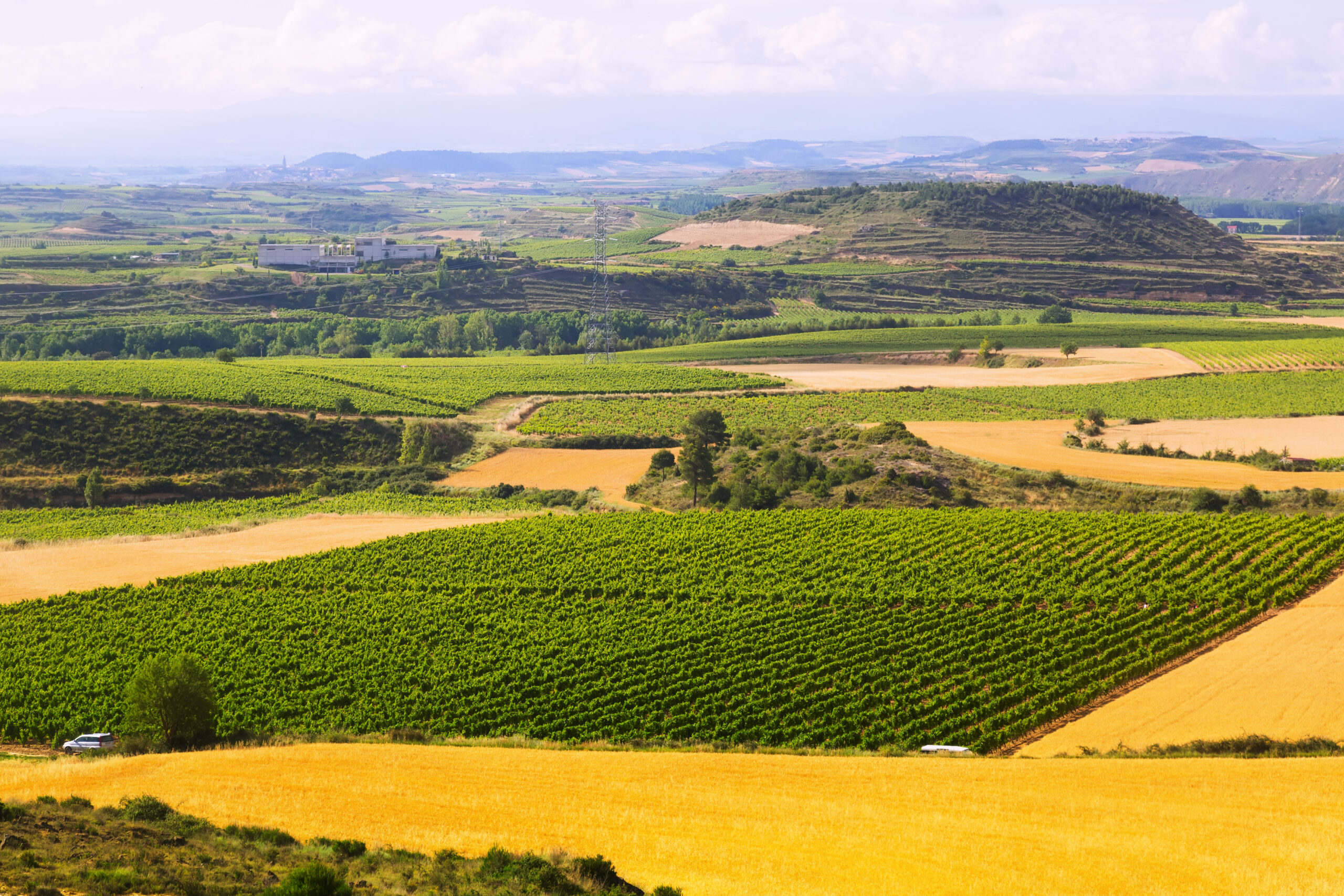Soil erosion is one of the most silent yet devastating threats to agricultural productivity and ecosystem sustainability. Worsened by human activity and climate change, this phenomenon reduces soil fertility, contaminates water sources, degrades ecosystems, and threatens global food security. At Polyproductos de Guatemala y Nicaragua, we develop effective solutions to combat erosion using innovative polypropylene-based materials.
What Is Soil Erosion and Why Is It Critical?
Erosion is the process by which the topsoil—the most nutrient-rich and organic matter–dense layer—is lost due to wind, rain, or poor land management. This layer is essential for crop development, and once degraded, it can take decades to regenerate.
The consequences of erosion are significant:
- Decreased agricultural productivity
- Loss of biodiversity and ecosystem services
- Increased risk of landslides and flooding
- Sediment pollution in rivers, lakes, and oceans
- Forced migration from affected agricultural communities
According to the FAO, 95% of the food we consume depends on fertile soils, and a growing portion of these soils already show signs of degradation.
Common Causes of Erosion
- Overuse of land without crop rotation
- Deforestation without conservation practices
- Poor water management in agricultural zones
- Construction on unstable or exposed land
- Lack of protective vegetation or ground cover
Polypropylene Solutions for Erosion Control
At Polyproductos de Guatemala y Nicaragua, we have developed erosion control products made from 100% virgin polypropylene. These solutions are known for their strength, durability, and adaptability to various terrains and project types.
1. TrapBag®: Rapid-Deployment Modular Barriers
TrapBag® is a system of interconnected flexible bags designed to form containment walls or erosion and runoff control barriers. It’s a fast, cost-effective, and reusable solution that helps prevent soil loss and protect vulnerable zones.
Advantages of TrapBag®:
- Quick installation: deploys in minutes with no heavy machinery required
- Cost-effective: less expensive than concrete or stone structures
- Versatile: adaptable to slopes, canals, riverbanks, roads, and farmland
- Eco-friendly: allows natural vegetation to regrow around the system
- High resistance: withstands heavy rain and water flow thanks to virgin polypropylene
Ideal for reforestation projects, hillside farming, flood mitigation, and erosion-prone areas.
2. Geosacks: Structural Reinforcement and Soil Conservation
Geosacks are woven polypropylene bags filled with materials like soil or gravel. They are strategically placed to stabilize terrain, build retaining walls, or reinforce edges of agricultural and infrastructure projects.
Geosack Features:
- Standard sizes: 22” x 37” and 20” x 31.5”
- High resistance to tension and abrasion
- Water-permeable: prevents pressure buildup behind structures
- Retains fertile soil for future agricultural use
Primary Applications:
- Slope stabilization and crop field edge reinforcement
- Erosion protection along rivers, canals, and rural roads
- Temporary or permanent structural support
- Foundation for plantations on steep terrain
Why Use Polypropylene for Erosion Control?
Polypropylene is an ideal material for erosion control solutions due to its:
- High mechanical and UV resistance
- Lightweight and easy handling
- Superior durability in extreme conditions
- Compatibility with natural and agricultural environments
It is also fully recyclable and reusable across multiple restoration or maintenance cycles.
A Sustainable and Technical Approach
At Polyproductos de Guatemala y Nicaragua, we go beyond just offering products. We promote a comprehensive approach to erosion control by combining physical solutions like TrapBag® and Geosacks with technical guidance for agricultural, forestry, and infrastructure projects. Our goal is to encourage long-term sustainable practices.
Our products are designed to blend harmoniously into the landscape, enabling environmental regeneration and reducing the need for costly or invasive construction methods.
Addressing soil erosion is essential for ensuring food security and environmental sustainability. With solutions from Polyproductos de Guatemala y Nicaragua, you can protect your crops, preserve your land, and move toward more resilient and environmentally responsible production systems.



